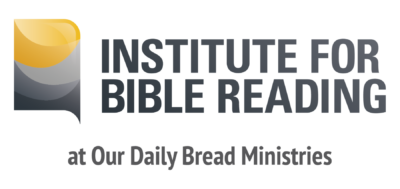Advent is about questions, and it turns out they are the
same questions the entire biblical narrative has before the arrival of the big
news of the New Testament.
We can get three quarters through the Bible and still we don’t know:
- Will God’s first intentions ever be realized?
- Will there be faithful God-imagers on earth?
- Will life flourish the way God wants it to?
- Will God’s plan to bring goodness and life to all peoples through Israel really work?
- When, exactly, will it work?
When we read our Bibles big and whole these questions are
unavoidable. And that’s good, because screening out the longing stories, the
waiting stories, the stories of struggle—that deflates the strength and impact
of the climax of the story when it comes.
What I like about the Bible is that it’s like real life. Some wins, but also devastating losses. Genuine advances, then horrible setbacks. Real life is about waiting. Real life is about watching the world fall apart on my news feed. Real life is about wandering on the journey and trying so hard to discern a point, or maybe even a destination.
Then the New Testament opens with the bold announcement that the ending the entire story has been waiting for has arrived (or at least the beginning of that ending). This is the good news (euangelion). The reign of God, and the concomitant unreigning of the dark lord, is commencing.
Yes, this really is good news. The best ever, actually. We
needed this news more than anything else in the whole world.
All that waiting, enduring, and longing was not an end in
itself. Advent without Christmas is merely an empty articulation of our pain.
The point of exile, and the suffering that goes with it, is to take us
somewhere else. The story of the Bible is all about getting to this somewhere
else.
So when we read of joyous songs filling the night skies over
the Judean countryside, our joy is all the greater because we’ve already been
honest about the real need for Christmas. We’ve been reading the Scriptures to
get the whole story. We’ve been living in the pain of the world. We’re deeply attentive
both to what is broken and what we’re longing for. We’re doing what theologian
Karl Barth told us to do: we read both the newspapers and our Bible, but we
interpret the events of the day in light of the biblical narrative.*
Christmas then becomes more than baby Jesus, meek and mild. The
bold announcement of the Gospels becomes so much bigger and better because it’s
so much more real.
The amazement of shepherds. The songs of angels. The treasures of Mary’s heart. The desperate fear of ruling tyrants. The comfort of God with us. All of this conveys so much more when we’ve been immersed in the entire narrative of the Bible.
And then, once this grand announcement has been made, we must continue to read the story of Jesus in detail. How exactly will Jesus take on the twisted powers and principalities that are running the world? What is the surprising wisdom of God that will rout the thrones and dominions that have had their way with things? How will God overcome the hardness of human hearts? What will enable a renewed, cleansed, and restored people of God to be born?
Christmas tells us God is in it with us for the long-haul. He has genuinely and completely become one of us, joined with us in the struggle. But the only way to understand the depth and truth of this is to know his whole story. This Christmas, read the Bible for life, and keep reading. Then its good news can become your good news too.
* See his quote in TIME Magazine, May 1, 1966

